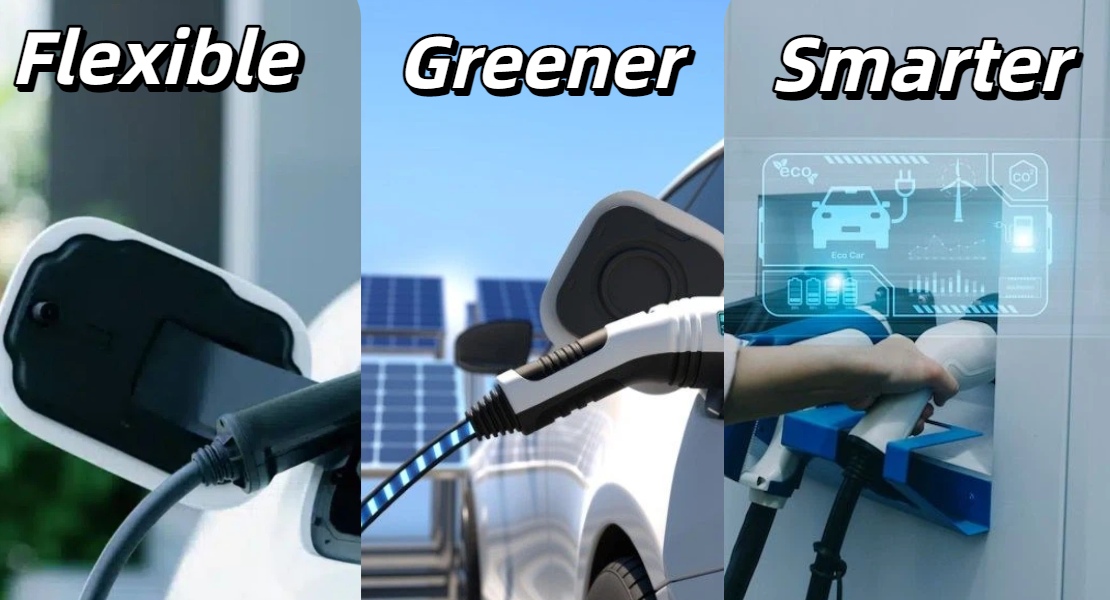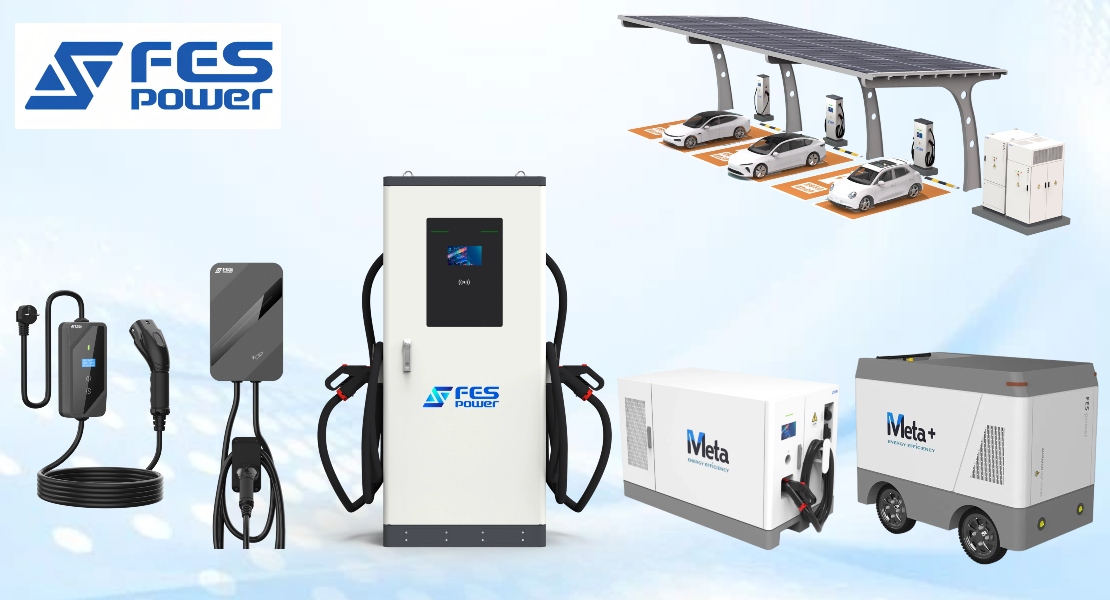- Call Us : +86-15060765919
- Mail Us : bella@fespower.cn
As electric vehicles become increasingly mainstream, the development of EV charging technology is moving into a new stage. While the early focus was all about charging speed, the next evolution of the industry is shifting toward smart, flexible, green, and connected solutions.
Faster Is Not Enough
In recent years, ultra-fast charging has made great progress — with 600kW power output, 800V systems, and advanced liquid-cooled cables. These innovations significantly reduce charging time and improve user convenience.
However, experts believe the future will not be defined by speed alone. The next challenge is how to make charging more intelligent and energy-efficient.

Smarter Charging Systems
Smart charging is becoming the new standard in the EV industry. With cloud-based management and AI control, charging systems can now dynamically allocate power, monitor performance in real time, and predict maintenance needs.
FES Power has integrated intelligent control platforms into its DC fast chargers, enabling optimized power distribution and improved operational efficiency.
Green Energy Integration
The true value of EVs lies not only in zero emissions but also in clean energy sourcing.
FES Power is advancing solar + storage + DC charging systems, combining renewable energy with efficient charging technology. These integrated solutions make it possible to operate chargers even in remote or off-grid locations, helping build a sustainable and self-sufficient energy ecosystem.
Mobility and Flexibility
The concept of charging is no longer limited to fixed stations.
FES Power’s Meta and Meta+ mobile charging units provide on-demand charging anywhere — in ports, industrial zones, construction sites, or emergency conditions. This mobility allows for flexible energy deployment, especially where permanent infrastructure is not yet available.
Two-Way Energy Interaction
Another major trend is bidirectional charging — allowing EVs to return electricity to homes or the grid.
Through V2H (Vehicle-to-Home) and V2G (Vehicle-to-Grid) technologies, EVs are becoming part of a larger smart energy network.

FES Power’s bidirectional DC chargers support this energy interaction, helping stabilize the grid and promote efficient energy use.
Building the Future of Energy
The evolution of EV charging is entering a multi-dimensional stage. It’s not only about faster charging but also about smarter management, greener energy, flexible deployment, and interconnected systems.